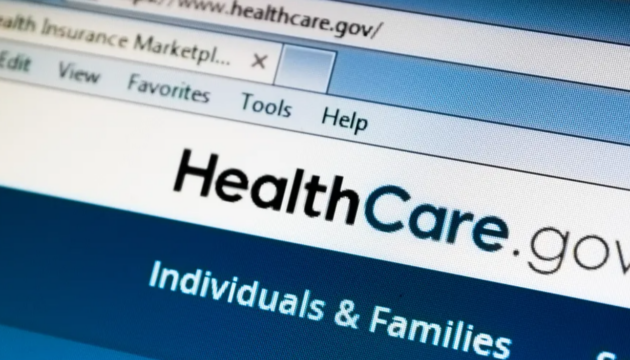Brookings Schaeffer on Health Policy
More from Brookings Schaeffer on Health Policy Blog
-
CMS Should Abandon Its “Two-Stage” Risk Adjustment Estimation Proposal
USC-Brookings Schaeffer Initiative for Health Policy experts analyze a CMS proposal that will use “two-stage” estimation procedure to set risk scores.
Categorized in -
Comments on the Georgia Access Model
Linda Blumberg and Matthew Fiedler recently provide comments to the Department of Health and Human Services and the Department of the Treasury on the Georgia Access Model.
Categorized in -
Building a Sustainable Behavioral Health Crisis Continuum
An overview of new federal policies that are being implemented, their potential impact and implementation challenges, and considerations about whether additional federal policy actions are necessary to strengthen the ability of states and localities to establish behavioral health crisis services that reflect best practices to meet community needs.
Categorized in -
The Kids Are Not All Right: The Urgent Need to Expand Effective Behavioral Health Services for Children and Youth
The pandemic has created additional financial stress, loss of loved ones, and educational and social disruptions for many children. For the more than 12 million US children who live in families with incomes below the poverty line, there are additional pressures that can reduce health and well-being, including homelessness and food insecurity.
Categorized in -
Comments on No Surprises Act Rulemaking: Part II
Loren Adler, Matthew Fiedler, and Benedic Ippolito offered comments on an interim final rule (IFR) issued by the Departments of Health and Human Services, Labor, and the Treasury that implements portions of the surprise billing provisions included in the No Surprises Act.
Categorized in -
Comment on HHS-Operated Risk Adjustment Technical Paper on Possible Model Changes
The Center for Consumer Information and Insurance Oversight (CCIIO) at the Centers for Medicare and Medicaid Services recently published a technical paper that lays out potential changes to the risk adjustment program that operates in the individual and small group markets. We recently submitted comments to CCIIO on the proposals outlined in the technical paper.
Categorized in -
How Would Filling the Medicaid “Coverage Gap” Affect Hospital Finances?
Under the Affordable Care Act (ACA), states have the option to expand their Medicaid programs to all non-elderly people with incomes below 138% of the federal poverty level (FPL). To date, twelve states have not done so.
Categorized in -
Making Workplaces Better for People Struggling with Mental Health Will Make Work Better for Everyone
Making workplaces and jobs more flexible in time, space, and nature of interaction will be of immediate benefit to people with mental illnesses—and everyone else, too.
Categorized in -
Comments On “A Bold Vision for America’s Mental Well Being”
This note represents a response to issues raised and the request for information associated with the white paper by Senators Bennet and Cornyn: “A bold vision for America’s mental well being.” Our discussion touches on several of the issues raised by the white paper. Specifically, we discuss work force challenges, financial alignment as it pertains to crisis response, the need for greater accountability, and the implications for existing financing programs. We highlight several points.
Categorized in -
Paying for Cancer Drugs That Prove Their Benefit
The United States pays prices for brand-name drugs that are estimated to be 256% higher than other wealthy nations. As the accelerated approval of aducanumab for Alzheimer disease shows, high prices (announced price for aducanumab is $56 000 per year) extend to drugs that are promising but have not been shown by randomized clinical trials to provide long-term clinical benefits.
Categorized in









